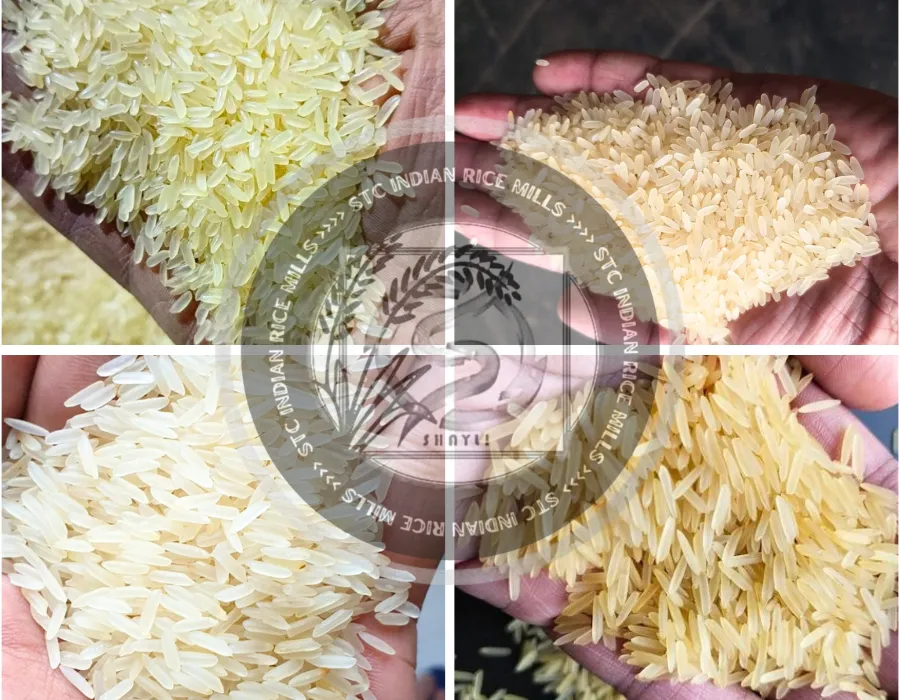


Important Links
1. Govt of India : Directorate General of Foreign Trade (DGFT)2. Export Policy of Non-Basmati White rice (HS Code : 1006-30-90) Export Allowed3. Export Policy of Non-Basmati Parboiled Rice (HS Code : 1006-30-10) Export Allowed4. Export Policy of 100% Broken Rice (HS Code : 1006-40-00) Export Allowed5. Export Policy of Basmati Rice (HS Code : 1006-30-20) Export Allowed